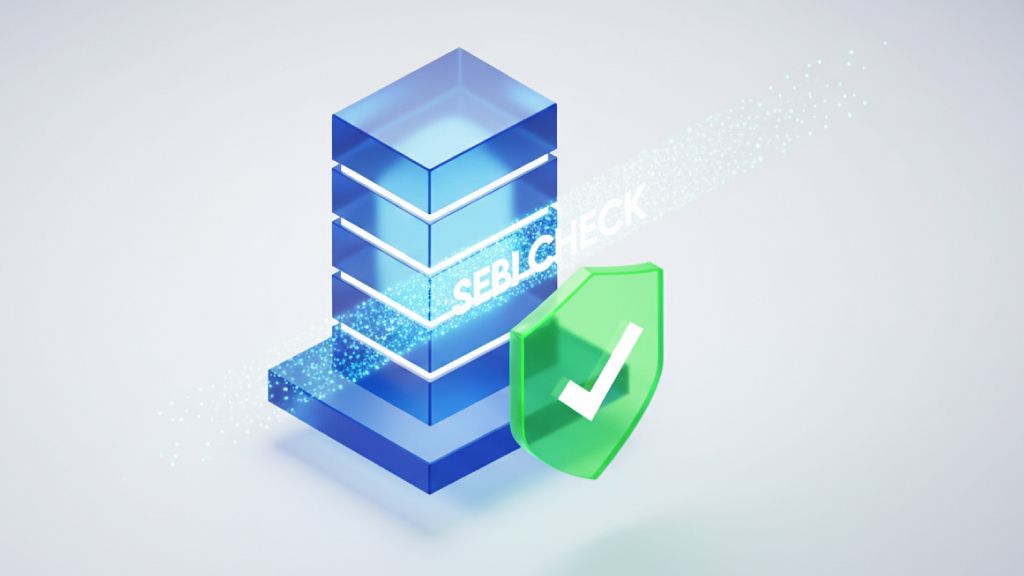54EC Bonds: A Tax-Saving Avenue Explained
22 October 2025

What Are 54EC Bonds?
When investors sell long-term capital assets such as property, shares, or land, they are liable to pay capital gains tax. However, under Section 54EC of the Income Tax Act, individuals can save on this tax by investing in 54EC Bonds, a government-backed option that offers both security and tax benefits.
This article explains what 54EC Bonds are, their features, eligibility, interest rates, and how to invest in them.
54EC Bonds are capital gain tax exemption bonds issued by government-backed entities such as:
Rural Electrification Corporation (REC)
National Highways Authority of India (NHAI)
Power Finance Corporation (PFC)
Indian Railway Finance Corporation (IRFC)
These bonds are specifically designed to help taxpayers reinvest their long-term capital gains and claim tax exemption under Section 54EC.
For example, if an individual sells a residential property and earns a capital gain, they can invest that gain in 54EC Bonds within a specific time limit to avoid paying capital gains tax.
54EC Bonds Interest Rate
The interest rate for 54EC Bonds typically ranges between 5.0% and 5.25% per annum.
While the rates may appear modest compared to other investment products, investors should remember that the primary objective of 54EC Bonds is capital gains tax exemption, not high returns.
Interest earned is taxable as per the investor’s applicable income tax slab. However, no TDS is deducted at the source.
Eligibility to Invest in 54EC Bonds
The following categories of investors are eligible to invest in 54EC Bonds:
Resident individuals
Hindu Undivided Families (HUFs)
Companies and partnership firms
Non-Resident Indians (NRIs) are generally not eligible, except under specific RBI-approved circumstances.
54EC Bonds Time Limit
Investors must invest their capital gains within six months from the date of the sale of their long-term capital asset to claim the tax exemption under Section 54EC.
If the investment is not made within this time frame, the capital gain becomes taxable in the same financial year.
Tax Benefits Under Section 54EC of Income Tax Act
Under Section 54EC, the capital gains arising from the sale of long-term assets can be exempted from tax if invested in eligible 54EC Bonds within the prescribed time frame.
Conditions to Avail Tax Exemption:
The asset sold must be a long-term capital asset (held for more than 2 years in case of property).
Investment must be made within six months of the sale.
The investment amount should not exceed ₹50 lakh per financial year.
Bonds must be held for at least 5 years; premature sale or redemption can lead to withdrawal of tax exemption.
How to Invest in 54EC Bonds
You can invest in 54EC Bonds through various public sector issuers such as NHAI, REC, PFC, and IRFC via their official websites or authorized bank branches.
Investment Process:
Visit the issuer’s official portal (e.g., IDBI Bank 54EC Bonds).
Fill out the online application form or collect it from the nearest branch.
Submit PAN, address proof, and details of capital gains.
Pay through cheque, demand draft, or net banking.
Receive bond certificates in physical or demat form after allotment.
Example of 54EC Bonds Investment
Illustration:
Suppose you sell a residential property and earn ₹40 lakh as long-term capital gain.
If you invest the entire ₹40 lakh in NHAI 54EC Bonds within six months, this amount becomes exempt from long-term capital gains tax under Section 54EC.
After 5 years, you will receive the principal amount plus interest earned annually (subject to taxation as per income tax rules).
List of Available 54EC Bonds
| Issuer | Interest Rate | Tenure | Max Investment | Lock-in Period |
|---|---|---|---|---|
| REC Ltd. | 5.25% | 5 years | ₹50 lakh | 5 years |
| NHAI | 5.25% | 5 years | ₹50 lakh | 5 years |
| PFC | 5.25% | 5 years | ₹50 lakh | 5 years |
| IRFC | 5.25% | 5 years | ₹50 lakh | 5 years |
Advantages & Risks
Advantages of 54EC Bonds
Tax savings on long-term capital gains
Government-backed security ensures reliability
Fixed returns during the tenure
No TDS on interest income
Risks and Limitations
While 54EC Bonds offer tax benefits, investors must also consider the following aspects:
5-year lock-in period, limiting liquidity
Interest income is taxable
Lower returns compared to market-linked investments
Non-transferable, hence cannot be traded on exchanges
These limitations make 54EC Bonds more suitable for risk-averse investors seeking tax-efficient stability rather than high returns.
Conclusion
54EC Bonds serve as a reliable and tax-efficient investment tool for those looking to reinvest their long-term capital gains and reduce tax liability. Issued by trusted public sector entities, they offer safety and steady returns within a fixed tenure.
However, investors should always evaluate their financial goals, liquidity needs, and tax situation before investing, as these bonds come with a mandatory lock-in period and taxable interest.
FAQs on 54EC Bonds
1. What is the lock-in period for 54EC Bonds?
The lock-in period is 5 years from the date of allotment.
2. Can NRIs invest in 54EC Bonds?
Generally, NRIs are not allowed to invest, unless permitted by the Reserve Bank of India.
3. Is interest on 54EC Bonds taxable?
Yes, the interest is fully taxable as per the investor’s income tax slab.
4. What is the maximum limit to invest in 54EC Bonds?
You can invest up to ₹50 lakh per financial year.
5. Can I redeem 54EC Bonds before maturity?
No, premature withdrawal or sale is not allowed before the 5-year lock-in period.
Disclaimer
This blog is intended solely for educational and informational purposes. The bonds and securities mentioned herein are illustrative examples and should not be construed as investment advice or personal recommendations. BondScanner, as a SEBI-registered Online Bond Platform Provider (OBPP), does not provide personalized investment advice through this content.
Readers are advised to independently evaluate investment options and seek professional guidance before making financial decisions. Investments in bonds and other securities are subject to market risks, including the possible loss of principal. Please read all offer documents and risk disclosures carefully before investing.
Recent Blogs

Top 10 Hedge Funds in India Explained: Structure, Regulation & Key Features
An educational overview of hedge funds in India, how they operate under AIF regulations, and a commonly referenced list of hedge fund managers.
04 Feb 2026

SEBI Check Explained: How to Verify SEBI Registration and Avoid Fraud
An educational guide on what SEBI Check is, how to verify SEBI registration numbers, and why it matters for investors in India.
04 Feb 2026

Adani Enterprises Rights Issue Explained: Key Dates, Ratio, Price & Process
A detailed guide to the Adani Enterprises Rights Issue, covering issue structure, entitlement ratio, payment schedule, timelines, and shareholder options.
02 Feb 2026